The news site has officially launched The Filter, a site described as offering "independent product reviews, trusted buying advice and sustainable shopping ideas", after a months-long trial period.
The Guardian says The Filter is home to the best consumer journalism, reviews and product recommendations that are completely independent.
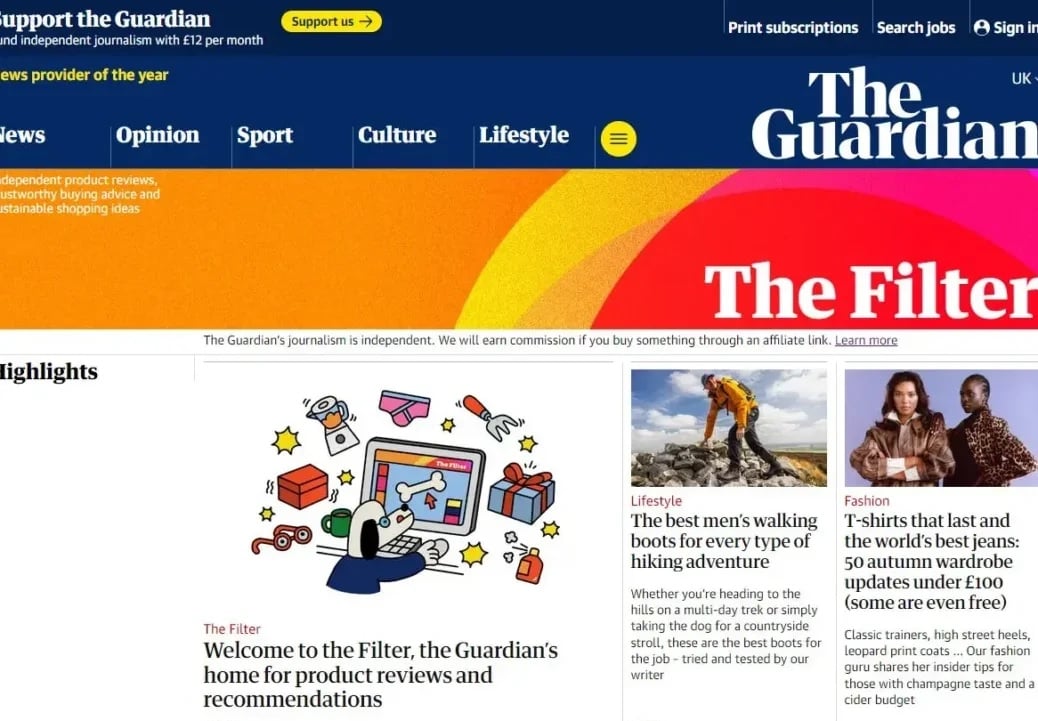
The interface of the product introduction website that The Guardian has just launched. Photo: PG
The Guardian's announcement stressed that all articles are free, written by writers selected based on their expertise, who will research and test products in real-world situations, and that no advertisers or retailers pay to be included in the articles.
The Guardian will earn a small commission if someone clicks on a link on one of its pages and goes on to make a purchase or sign up for a service. Like many publishers, they are using Skimlinks, a tool that places tracking code into links for publishers to use so that purchases can be properly attributed. They are also using the Amazon Associates program for links on that site.
Articles on The Filter's site on launch day last Thursday included a round-up of men's walking shoes, an autumn wardrobe update for under £100, the best electric cars that aren't Teslas, a subscription service that "save you time and money" and gardening tools.
Each page has a disclaimer below the byline that reads: "The Guardian's journalism is independent. We'll earn a commission if you buy something through an affiliate link."
Last month, Guardian News and Media chief financial and operations officer Keith Underwood revealed that The Guardian would start offering product recommendations and therefore affiliate activity to generate revenue, “based on the trust we have in the brand”.
The Guardian joins a group of publishers that have developed e-commerce/affiliate services over the past few years, including The New York Times and Mail Online.
The Independent was among them, describing e-commerce as one of five key strategic growth pillars and recently revealed that revenue from the segment was up 26%, with highlights including Black Friday and travel content.
E-commerce is also part of media group Reach's strategy to diversify its revenue streams away from advertising, with the company saying these areas are seeing "promising growth".
The latest trends and predictions report from the Reuters Institute for the Study of Journalism published in January this year also listed e-commerce as the fifth most important revenue source for news publishers by 2024.
E-commerce is typically when websites sell products themselves, while affiliate marketing is when websites promote goods from other retailers and earn a commission when clicks are made.
The Guardian used to have its own online shop, which sold its own merchandise, but this closed in 2016. The Guardian still operates an online bookshop.
Last month, Guardian Media Group, owned by The Scott Trust, reported falling revenues for the year to 31 March after four years of growth and widening losses. On the same day, the company revealed it was considering selling the Sunday Observer to news company Tortoise Media. Any profits from The Filter would be ploughed back into The Guardian’s journalism.
Hoang Hai (according to Guardian, Pressgazette)
Source: https://www.congluan.vn/bao-guardian-ra-mat-trang-gioi-thieu-san-pham-de-tang-nguon-thu-post316778.html


![[Photo] Many young people patiently lined up under the hot sun to receive a special supplement from Nhan Dan Newspaper.](https://vphoto.vietnam.vn/thumb/1200x675/vietnam/resource/IMAGE/2025/5/18/6f19d322f9364f0ebb6fbfe9377842d3)
![[Photo] Party and State leaders visit President Ho Chi Minh's Mausoleum](https://vphoto.vietnam.vn/thumb/1200x675/vietnam/resource/IMAGE/2025/5/19/d7e02f242af84752902b22a7208674ac)

![[Photo] Party and State leaders attend the special art program "You are Ho Chi Minh"](https://vphoto.vietnam.vn/thumb/1200x675/vietnam/resource/IMAGE/2025/5/18/6895913f94fd4c51aa4564ab14c3f250)
![[Photo] Ready for the top competitions of Vietnamese table tennis](https://vphoto.vietnam.vn/thumb/1200x675/vietnam/resource/IMAGE/2025/5/18/9c547c497c5a4ade8f98c8e7d44f5a41)






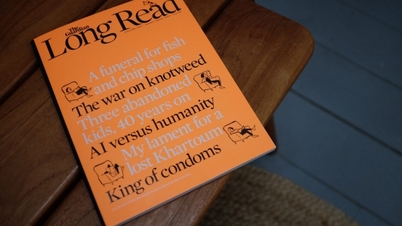


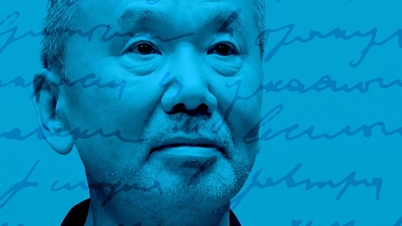






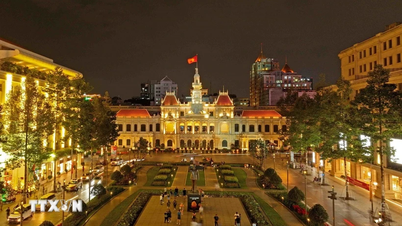



































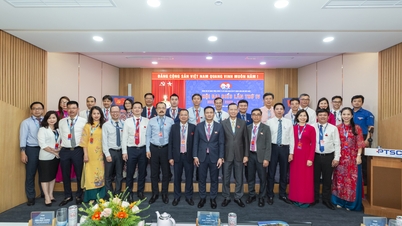




























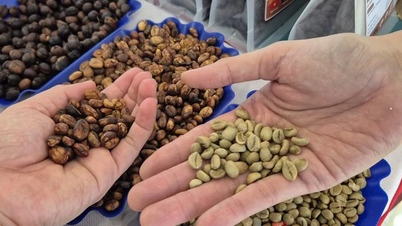











Comment (0)